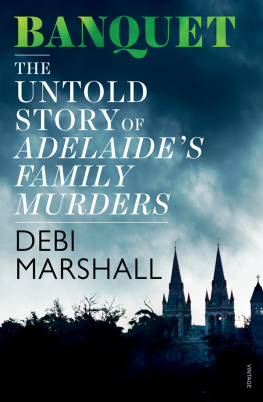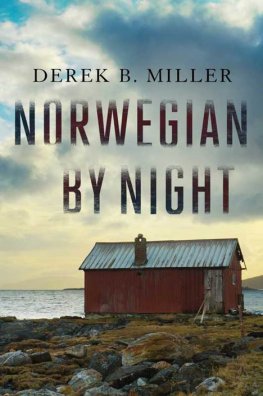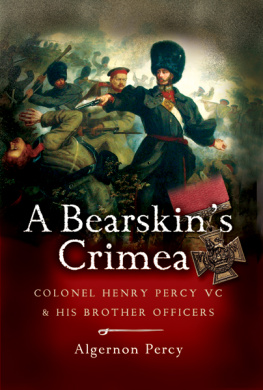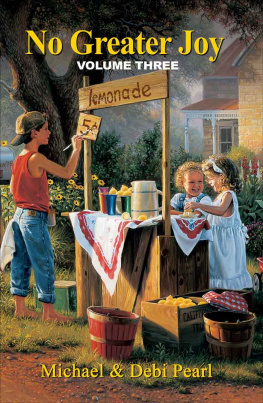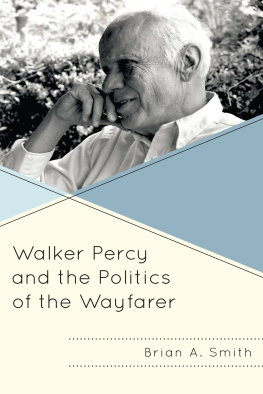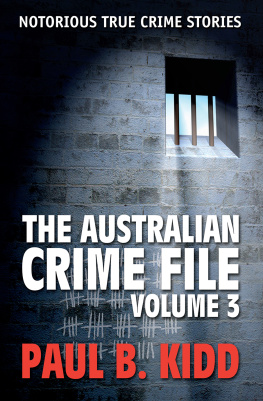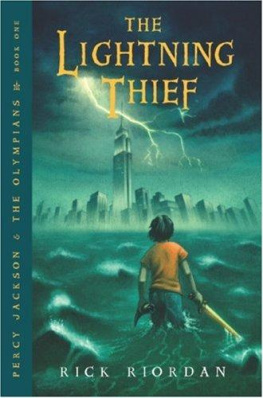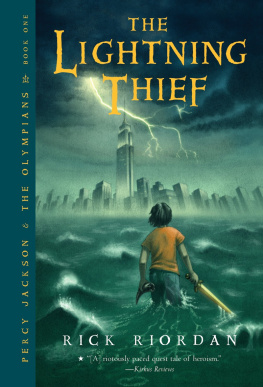ABOUT THE AUTHOR
Debi Marshall is a bestselling author, freelance journalist and teacher based in Tasmania. She started her career in 1986 at a newspaper and has since written extensively for national magazines, specialising in crime, features and profiles. Her account of the Snowtown murders, Killing for Pleasure, won a Ned Kelly award for Best True Crime in 2007 and her work led to her being recognised in Who's Who of Australian Women in 2008. An experienced radio reporter and newsreader, Debi has researched and written crime docudramas for Australian and international television.
Debi has a Bachelor of Arts and a Diploma of Education and occasionally teaches English and Media at colleges and universities. She is also an accomplished public speaker.
Lambs to the Slaughter is Debi's sixth book.
ALSO BY DEBI MARSHALL
Her Father's Daughter:
the Bonnie Henderson Story
Lang Hancock
Justice in Jeopardy: the Unsolved Murder
of Baby Deidre Kennedy
Killing for Pleasure: The Definitive Story
of the Snowtown Serial Murders
The Devil's Garden:
The Claremont Serial Murders
All rights reserved. No part of this book may be reproduced or transmitted by any person or entity, including internet search engines or retailers, in any form or by any means, electronic or mechanical, including printing, photocopying (except under the statutory exceptions provisions of the Australian Copyright Act 1968), recording, scanning or by any information storage and retrieval system without the prior written permission of Random House Australia. Any unauthorised distribution or use of this text may be a direct infringement of the author's and publisher's rights and those responsible may be liable in law accordingly.
Lambs to the Slaughter
ePub ISBN 9781864714746
Kindle ISBN 9781864717334
A William Heinemann book
Published by Random House Australia Pty Ltd
Level 3, 100 Pacific Highway, North Sydney NSW 2060
www.randomhouse.com.au
First published by William Heinemann in 2009
Copyright Debi Marshall 2009
The moral right of the author has been asserted.
All rights reserved. No part of this book may be reproduced or transmittedby any person or entity, including internet search engines or retailers, in anyform or by any means, electronic or mechanical, including photocopying(except under the statutory exceptions provisions of the Australian CopyrightAct 1968), recording, scanning or by any information storage and retrievalsystem without the prior written permission of Random House Australia.
Addresses for companies within the Random House Group can be found atwww.randomhouse.com.au/offices
National Library of Australia
Cataloguing-in-Publication Entry
Marshall, Debi.
Lambs to the slaughter.
ISBN: 978 1 74166 651 9 (pbk).
Percy, Derek.
Children Crimes against Australia.
Murderers Australia.
Murder Investigation Australia Case studies.
364.15230994
Cover design by Christabella Designs
Cover photographs Victoria Police
Internal design and typesetting by Midland Typesetters, Australia
Printed and bound by Griffin Press, South Australia
Random House Australia uses papers that are natural, renewable andrecyclable products and made from wood grown in sustainable forests.The logging and manufacturing processes are expected to conform tothe environmental regulations of the country of origin.
10 9 8 7 6 5 4 3 2 1
For my husband, William, my mother, Monica,
and daughter, Louise. I could not have
written this without them by my side.
'What man was ever content with one crime?'
Juvenal
Satires, first century AD
PROLOGUE
August, 2008. A melange of humanity, alienated and ragged, spews from the overcast, dank streets of Melbourne onto the early morning trams. Everywhere seems a cacophony, surreal and Kafkaesque, as though I have inadvertently stepped onto a post-apocalyptic movie set. The tram has crisscrossed the city and its geographical social divide from leafy, upmarket Hawthorn, where I am staying, with its lemon-scented cafs and chic boutiques, through the city's jarring heart with its commotion and chaos and onward to North Melbourne, where once-majestic Victorian homes, now in sad disrepair, jostle with car workshops.
A sallow-faced junkie, his vacant eyes fluttering open and closed, incessantly scratches an inside elbow tortured by needle marks before he keels forward in slow motion, on the nod. A man in a business suit watches and turns away, and I am riveted to my seat. Should I rouse this stoned stranger, or should I wait? How long does one wait; what is acceptable? A moment later he is on his feet, lurching distractedly off the tram. He lists along the footpath as a young couple, gaunt as corpses, with pockmarked transparent skins and the scatty agitation of speed freaks, hurl foul abuse at one other, oblivious to the sideways glances of passers-by or the irony of slugging it out at nine o'clock in the morning in front of an advertisement that warns, 'Ice: It's a dirty drug.'
Two women in soiled black tracksuits that fail to hide their paunches swig from long-neck bottles of beer as they stagger onto the tram. 'What the fuck're you lookin' at?' they slur at a bewildered elderly man before they, too, stumble off at the next stop. I hunker down with my book, trying to look unobtrusive; trying not to stare with repulsed fascination at the middle-aged woman sitting directly in front of me who loudly and continually grunts while caressing the bearded growth on her chin. Tram brakes squeal, ambulances scream past, gaudy illuminated signs compete for attention. My nerves rattle.
The cloistered, hushed inner sanctum of Victoria's Public Record Office, which houses the state's archives, is a blessed respite from the bedlam outside. Security staff bid me a quiet good morning and assign me a locker in which to store my personal belongings. No handbags, mobile phones or pens are allowed inside this library, where precious archival material is handled by staff wearing soft cotton gloves. The file that I ordered a week ago the Body Card Series, created when a body arrives at a hospital and used to determine whether it is necessary to hold an inquest is waiting for me, a plump manila folder bulging with its promise of details to flesh out the forty-year-old story I am researching. Inside are the depositions of witnesses and police, autopsy reports and photographs.
I settle in at the long table, pencil and paper at the ready, and open the file. For more than twenty years, as a journalist and author, I have written about crime. In yellowing coronial files and the depositions of police witnesses; in the eyes of parents weeping for lost, abducted children; in the thousands of hours researching and writing true-crime books and countless magazine stories, I have observed the worst of human depravity, the darkest excesses of the human soul. I have written stories about paedophiles, rapists, serial killers and child killers. So many stories: the savagery of the so-called 'bodies in the barrel' Snowtown killers; the murder of seventeen-month-old Deidre Kennedy, whose killer dressed her in women's underwear before throwing her body on top of a toilet block; the unsolved serial killings of the beautiful young women from the salubrious suburb of Claremont, Perth, Western Australia. So many terrible, terrible stories: the Port Arthur tragedy, and the mother who broke her silence after four years and sobbed in my arms as she recounted how she had thrown herself over her fifteen-year-old daughter's body in a vain effort to protect her from Martin Bryant's bullets. He shot the girl anyway: in the head at point-blank range. Or the mother of another teenage girl, abducted from a bus stop, who wept that her daughter could not have recognised even one of the four men who had raped and killed her, as she was totally blind. Stories told me by police officers and paramedics, too unpalatable for the daily press, of parents bartering their children with old men for sex in exchange for cigarettes and mothers holding down their crying kids while their step-fathers rape them. Stories told me by people cradling secrets so bleak they stay permanently off the record; stories so horrendous that they beggar belief.


